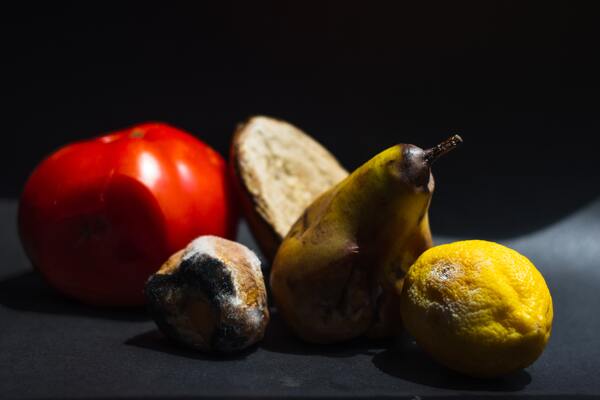Detection and Control of Spoilage Fungi in Refrigerated Vegetables and Fruits
(1) Aspiring Scholars Directed Research Program, 43505 Mission Blvd, Fremont, CA 94539, USA
https://doi.org/10.59720/20-188
Post-harvest infection of fruit and vegetable products is an ever-growing issue in the food industry. About 20% of all produced fruits and vegetables are lost each year due to spoilage. Some sources of spoilage are mycotoxin-producing fungi, which can cause serious health threats in humans, from acute poisoning to long-term effects such as cancer. Therefore, using preservatives to avoid contamination and the eventual production of mycotoxins in our food is essential. However, synthetic preservatives appear to be harmful to human health and the environment, making it favorable to replace them with natural and safer preservatives. Using the essential oils of aromatic plants as preservatives has been found to help prevent the deterioration of food. This work aimed to isolate and identify some of the filamentous fungi that contaminate refrigerated fruits and vegetables. We studied the effect of eugenol essential oil and its derivative, acetyl isoeugenol, at three different concentrations and temperatures on the fungal growth of two isolated fungal species. Our experiments revealed that eugenol was the better choice as an antifungal agent against the two tested fungi: Cladosporium cladosporioides and Penicillium italicum. The inhibition effect of both tested oils against fungal growth was concentration-dependent, independent of any changes in temperature. However, further work on eugenol derivatives and their effects on both fungi and vegetables and fruits is still needed.
This article has been tagged with: